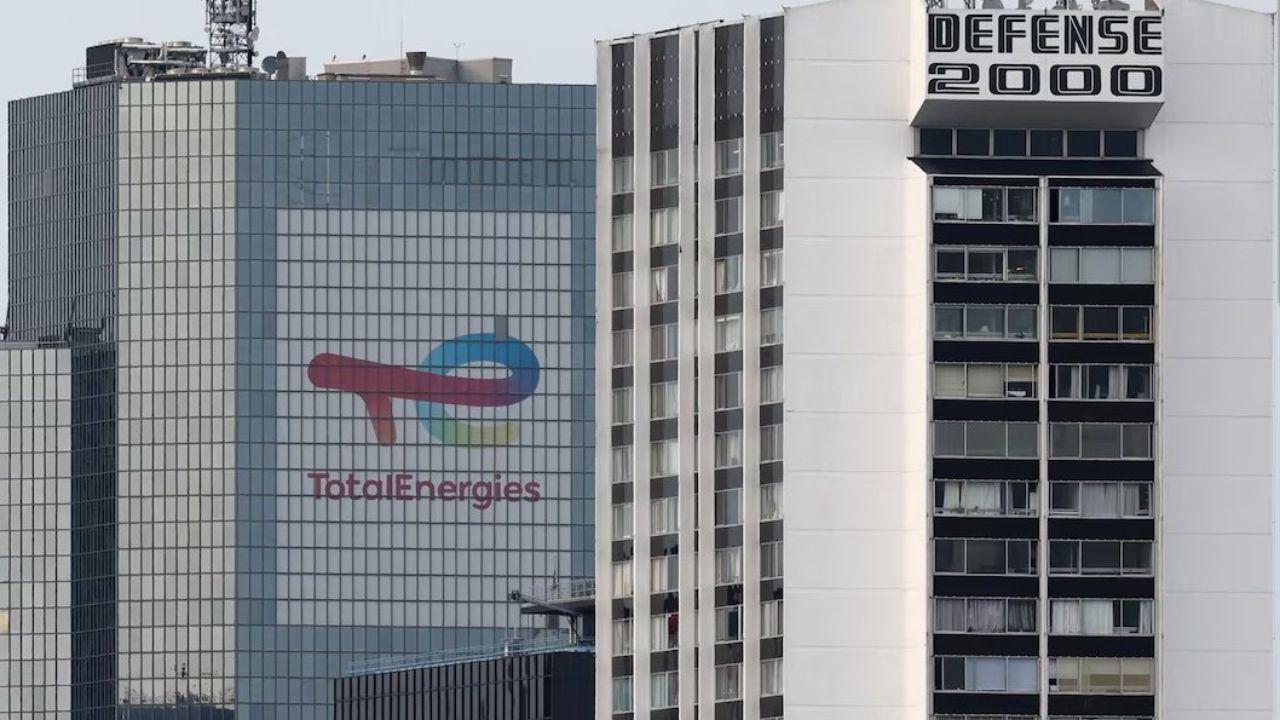
Post by : Avinab Raana
Photo : X / Penti Archi
Dust swirls over the sprawling oilfields of southern Iraq as the hum of heavy machinery signals a new chapter for the country’s energy sector. TotalEnergies has officially launched the final phase of its $27 billion Gas Growth Integrated Project (GGIP), a massive initiative set to redefine Iraq’s production capabilities in oil, gas, and renewable energy. For years, Iraq has relied heavily on imported electricity and gas, often from neighboring Iran, leaving its infrastructure vulnerable to disruptions. The GGIP promises to alter this reality by boosting domestic production and creating a more resilient energy network. This is not just an investment in pipelines or power plants—it is a strategic pivot towards modernization, sustainability, and regional stability.
The GGIP is designed as a multi-pronged initiative integrating oil, gas, and renewable energy. Central to this project is the redevelopment of the Ratawi oilfield, which is expected to reach a production capacity of 210,000 barrels per day by 2028. This follows initial redevelopment efforts that already aim to bring the field to 120,000 barrels per day in the coming year. Alongside the oilfield, a new seawater treatment facility will supply five million barrels of water daily to maintain well pressure, enhancing oil recovery and ensuring operational efficiency. The project also converts associated gas that would otherwise be flared into electricity, powering local grids and reducing dependence on imports. Complementing fossil fuel operations, a 1.25-gigawatt solar power plant utilizing two million bifacial panels will provide energy for approximately 350,000 homes, signaling a major step toward renewable integration in Iraq.
This project is not merely a commercial venture. For Iraq, the GGIP represents an opportunity to achieve greater energy independence. By leveraging flared gas for electricity generation and incorporating solar power, Iraq can reduce reliance on imported energy sources, stabilize its grids, and control costs. Economically, the project attracts foreign investment and stimulates local employment through construction and operational jobs. Environmentally, it mitigates gas flaring—a major contributor to greenhouse gas emissions—and introduces a scalable renewable energy model. For policymakers, GGIP exemplifies how strategic infrastructure projects can deliver intertwined economic, environmental, and social benefits.
The GGIP’s success relies on strong collaboration between international and domestic stakeholders. TotalEnergies holds a 45 percent stake, contributing technical expertise and capital. Basra Oil Company, Iraq’s state-owned oil producer, maintains a 30 percent share, ensuring alignment with national energy strategies. QatarEnergy holds the remaining 25 percent, providing additional investment and regional expertise. This partnership model demonstrates the potential for public-private collaboration in high-capital, high-impact projects and signals investor confidence in Iraq’s energy sector despite regional challenges.
With construction and operational phases underway, the GGIP is set to generate thousands of jobs across engineering, operations, and support services. These positions will bolster local employment and provide valuable training opportunities in advanced energy technologies. The project also catalyzes improvements in energy infrastructure, including upgraded power plants, pipelines, and treatment facilities. By modernizing infrastructure, Iraq not only addresses immediate energy needs but positions itself to accommodate future industrial and residential growth, promoting long-term economic stability.
The GGIP integrates sustainability as a core objective. By transforming flared gas into electricity and reducing greenhouse gas emissions, the project addresses both local environmental concerns and global climate commitments. The solar power component further strengthens Iraq’s renewable energy portfolio, offering a tangible alternative to fossil fuel dependence. Industry observers highlight that the combination of conventional and renewable energy within one project exemplifies a forward-thinking, hybrid approach capable of balancing energy security with environmental responsibility.
Executing a project of this magnitude in Iraq is not without challenges. Security risks in the southern regions require careful planning and coordination to protect personnel and assets. Regulatory compliance is another hurdle, with strict adherence needed to navigate Iraq’s complex legal framework for energy projects. Technical integration of oil, gas, and solar operations adds additional complexity, requiring advanced engineering and management expertise. Yet TotalEnergies and its partners appear committed to overcoming these challenges, emphasizing robust planning, risk management, and stakeholder collaboration.
The GGIP incorporates advanced technologies to optimize production and efficiency. The seawater treatment plant ensures that water resources are efficiently used to maintain reservoir pressure. Gas processing facilities are equipped with state-of-the-art systems to capture and convert gas into electricity, reducing waste. Solar panels use bifacial technology, which increases energy capture by absorbing sunlight from both sides, enhancing output without requiring additional land. This combination of conventional and renewable technology demonstrates how modern engineering solutions can meet both production and sustainability goals simultaneously.
Iraq’s energy independence has implications beyond its borders. By reducing imports from Iran, Iraq strengthens its domestic energy security and reduces vulnerability to regional disruptions. The GGIP also positions Iraq as a more stable energy partner in the Middle East, potentially influencing energy trade, electricity exports, and regional collaboration. For international investors, the project signals that Iraq is capable of managing large-scale energy developments despite geopolitical complexities.
The $27 billion investment underscores confidence in Iraq’s long-term energy prospects. Major energy companies are increasingly looking toward hybrid projects that combine fossil fuels with renewable energy sources. TotalEnergies’ leadership and QatarEnergy’s regional experience create a robust model that other countries may study when designing future energy infrastructure projects. The GGIP is not just a local project; it is a statement to the global investment community that large-scale, sustainable energy ventures are feasible in emerging markets.
As the final phase of the GGIP unfolds, Iraq’s energy sector is expected to undergo a substantial transformation. Oil production will increase, electricity reliability will improve, and renewable energy will gain a foothold. The project also provides a framework for future investments, showcasing how public-private partnerships and advanced technology can reshape a nation’s energy landscape. If successful, the GGIP could serve as a blueprint for similar projects across the Middle East and North Africa, demonstrating the benefits of integrated energy development.
The launch of TotalEnergies’ final phase in the GGIP marks a milestone in Iraq’s journey toward energy modernization. By integrating oil, gas, and solar power, the project addresses the country’s immediate energy needs while laying the groundwork for sustainable growth. Collaboration between TotalEnergies, Basra Oil Company, and QatarEnergy highlights the potential of strategic partnerships in delivering complex infrastructure projects. Beyond technical achievement, the GGIP embodies economic empowerment, environmental responsibility, and regional energy stability. For Iraq, this is more than an energy project; it is a transformative investment in its future, signaling that innovation, collaboration, and sustainability can coexist even in challenging environments.
TotalEnergies Iraq project, Gas Growth Integrated Project, Ratawi oilfield development


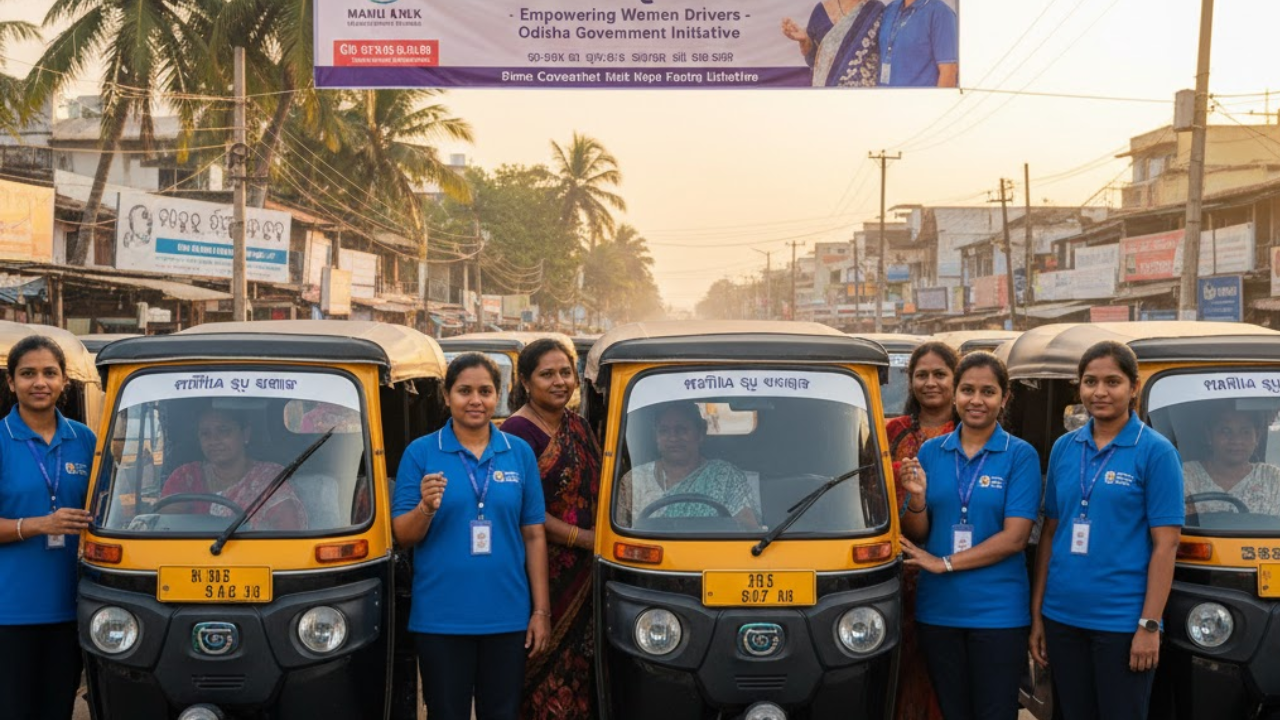
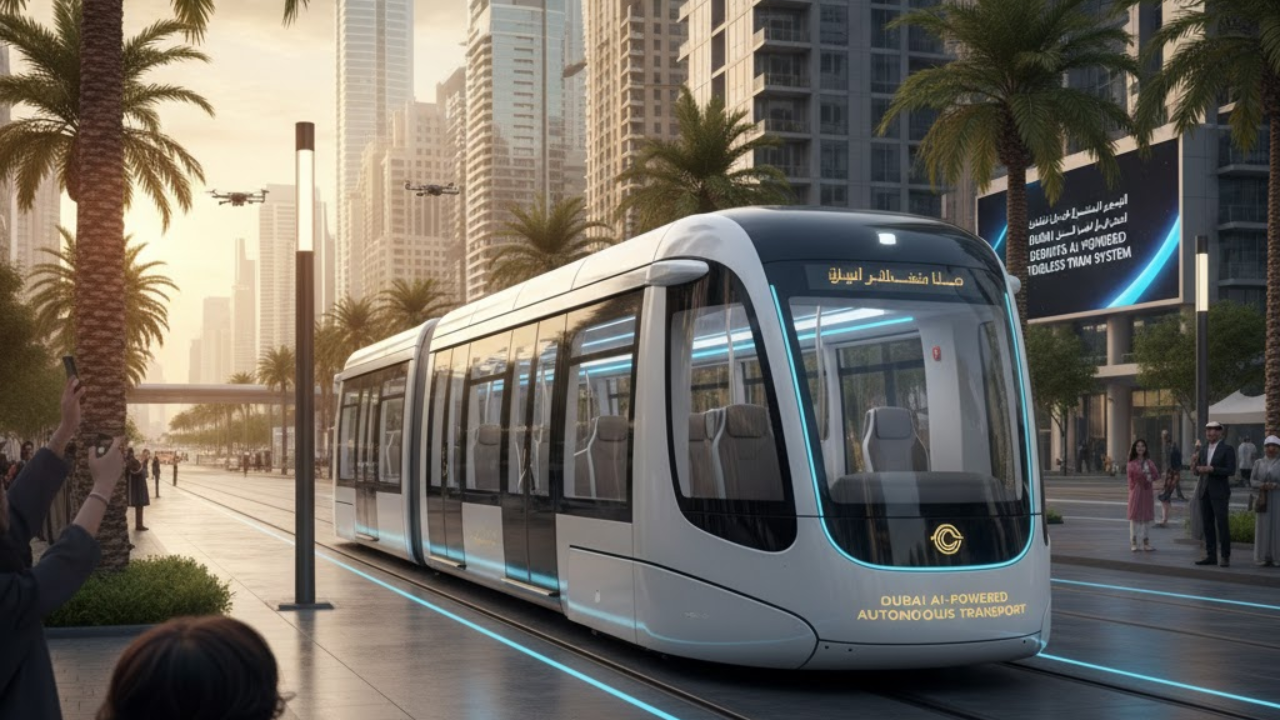
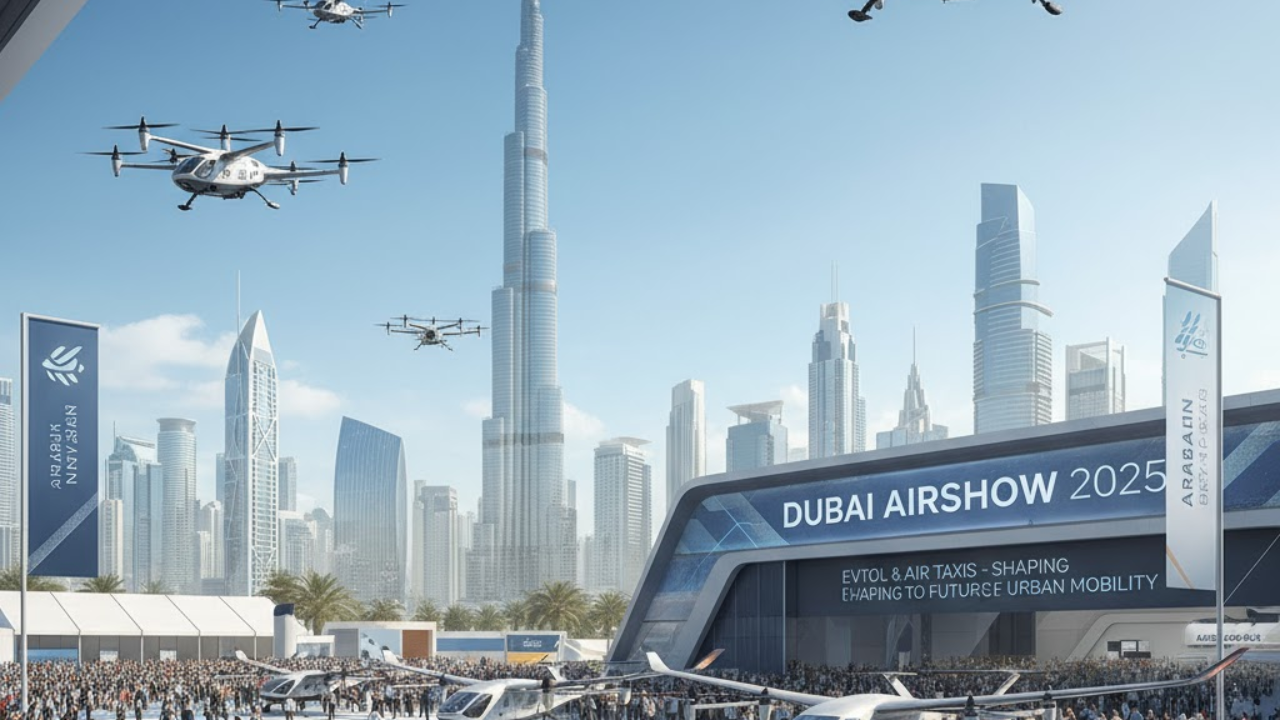
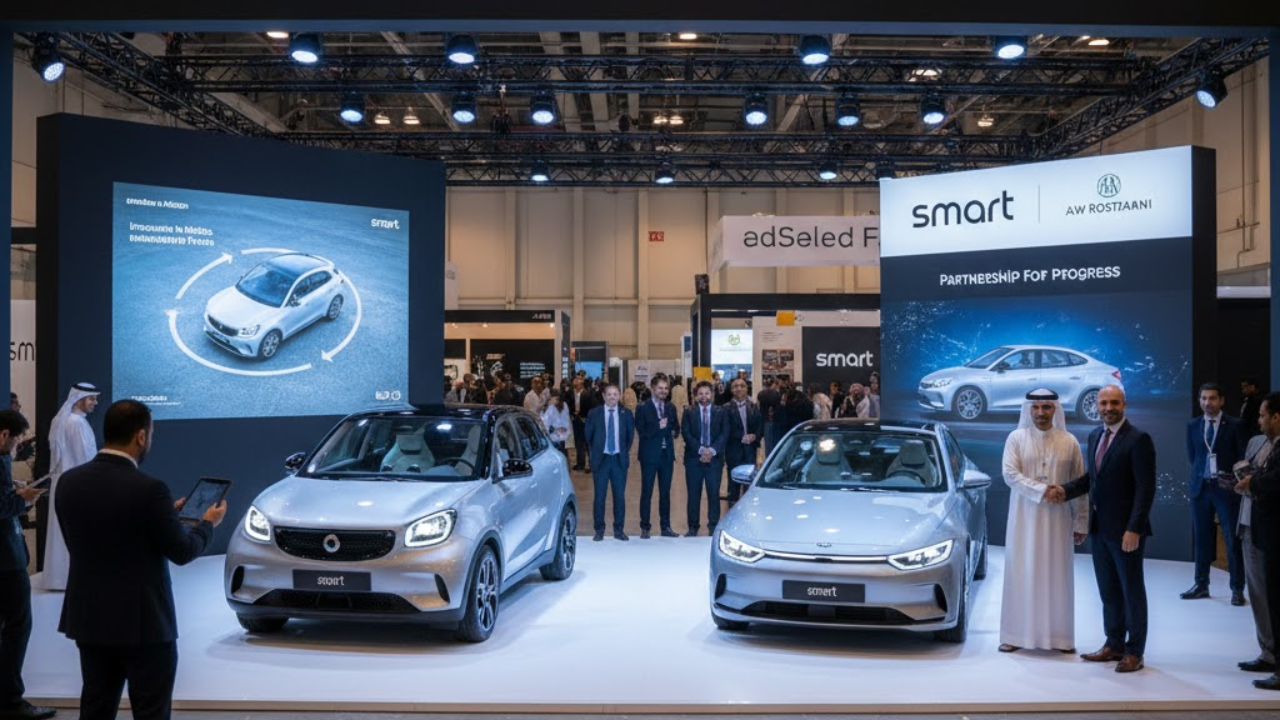
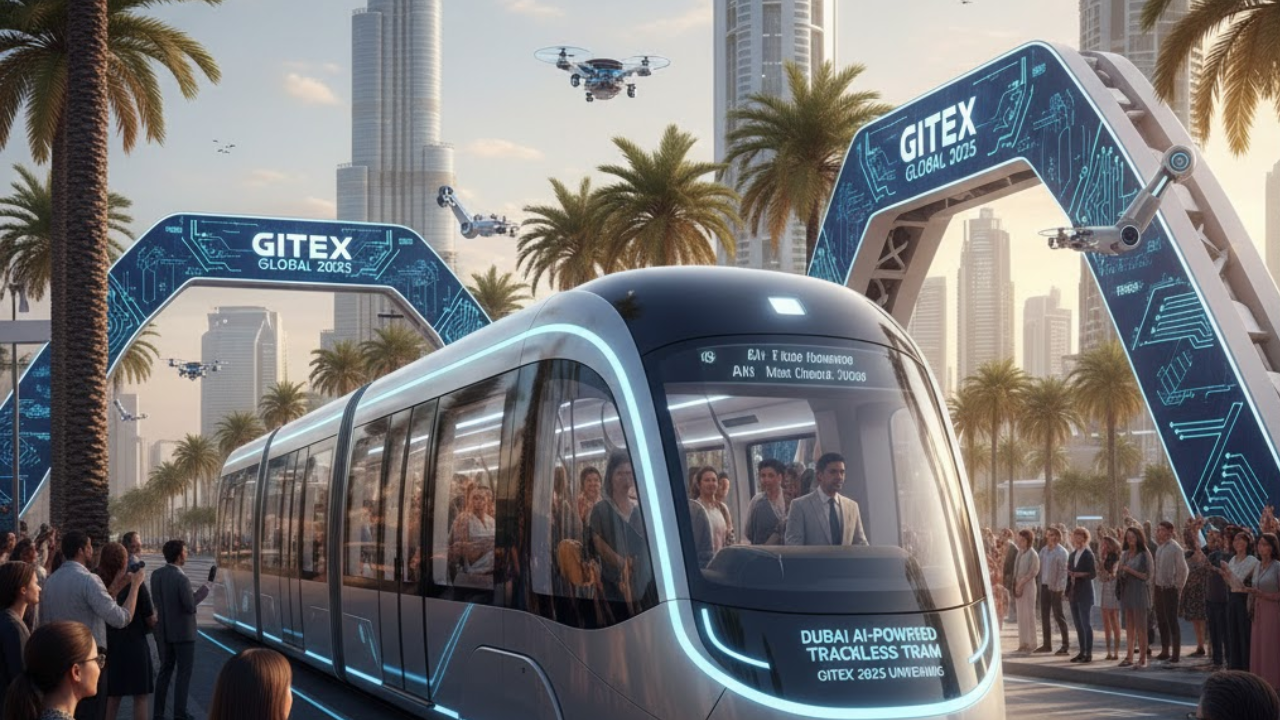
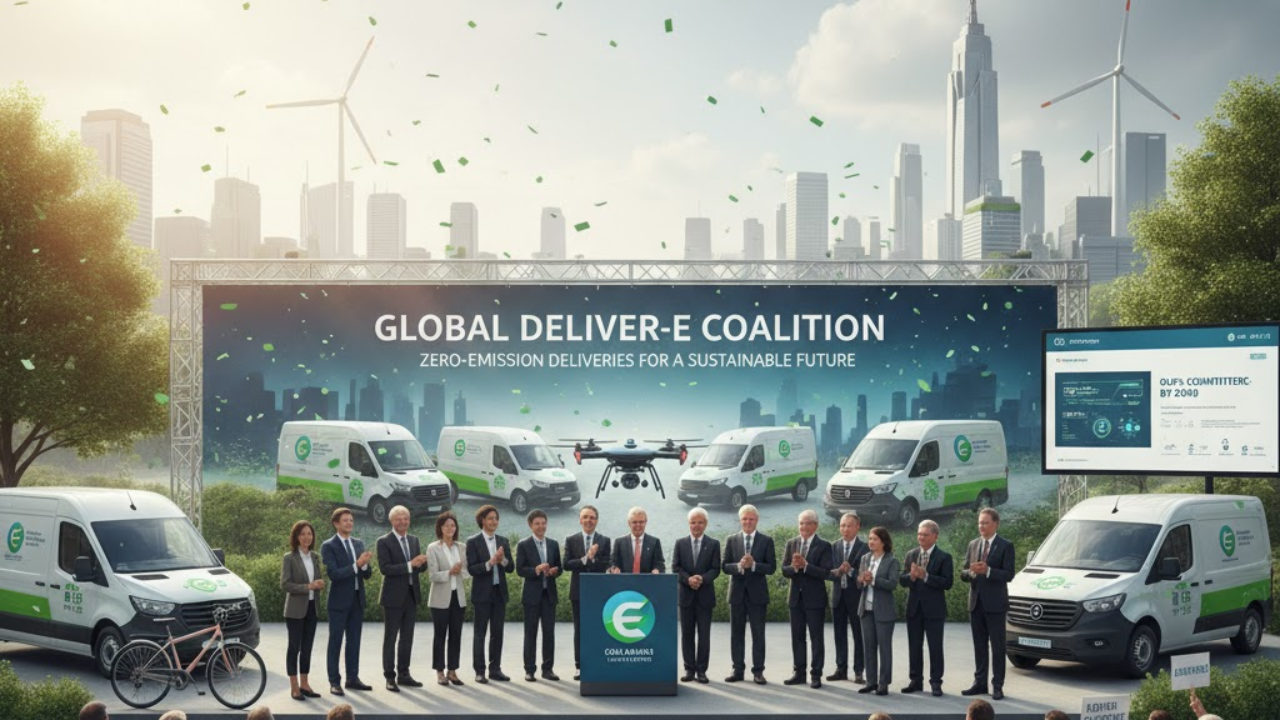
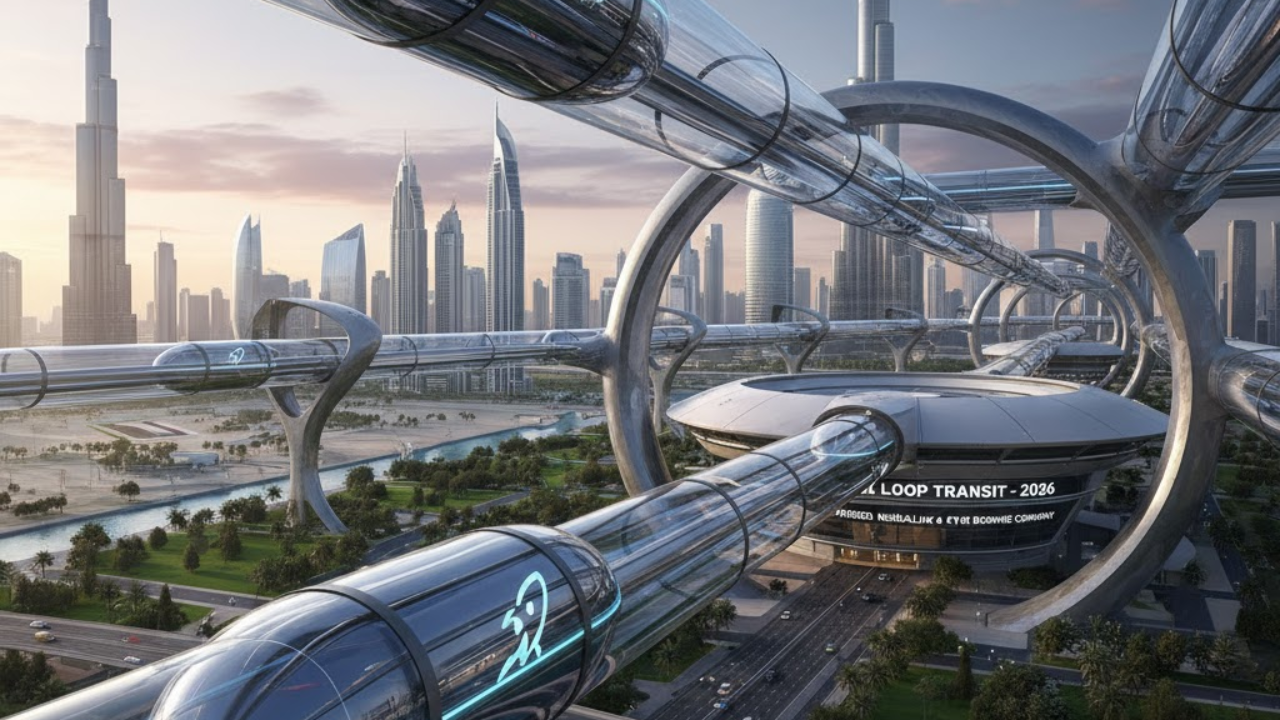

Bengaluru-Mumbai Superfast Train Approved After 30-Year Wait
Railways approves new superfast train connecting Bengaluru and Mumbai, ending a 30-year demand, easi

Canada Post Workers Strike Halts Nationwide Mail and Parcel Services
Canada Post halts operations as CUPW strike disrupts mail and parcel delivery nationwide amid disput
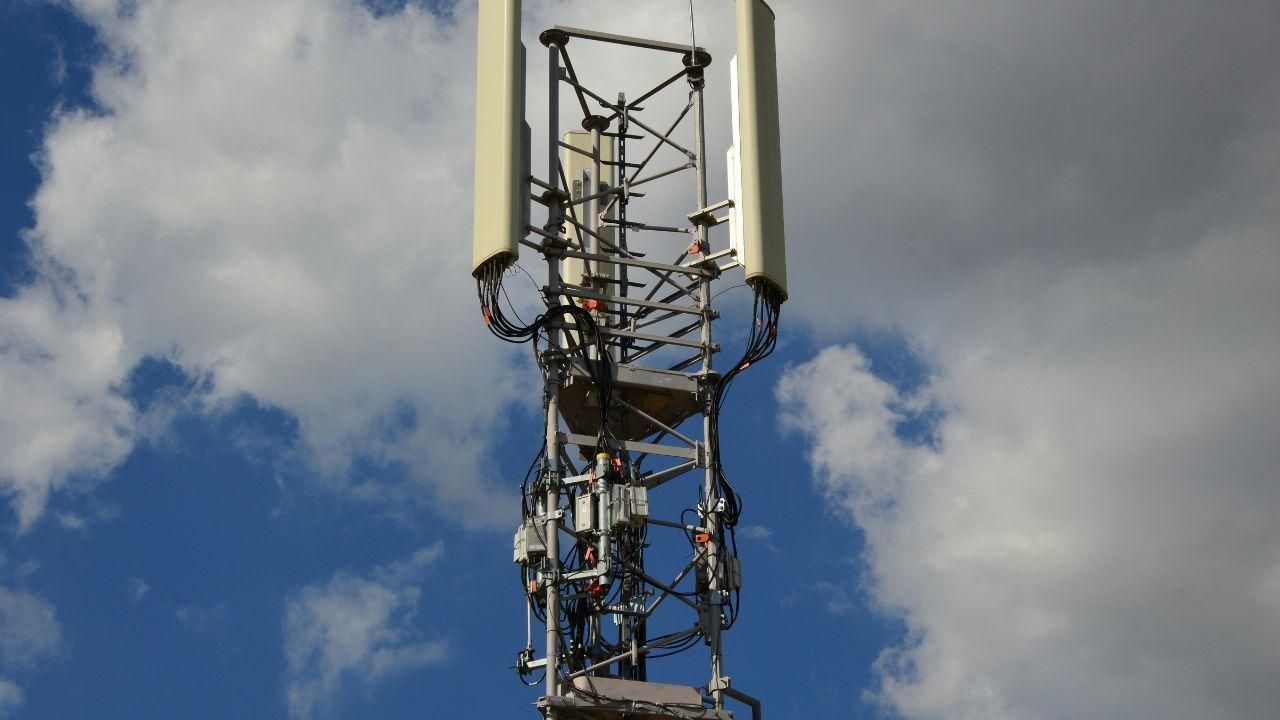
PM Modi Launches BSNL ‘Swadeshi’ 4G Network, 97,500 Towers Built
India enters global telecom league as PM Modi inaugurates BSNL’s indigenous 4G, connecting 26,700 vi
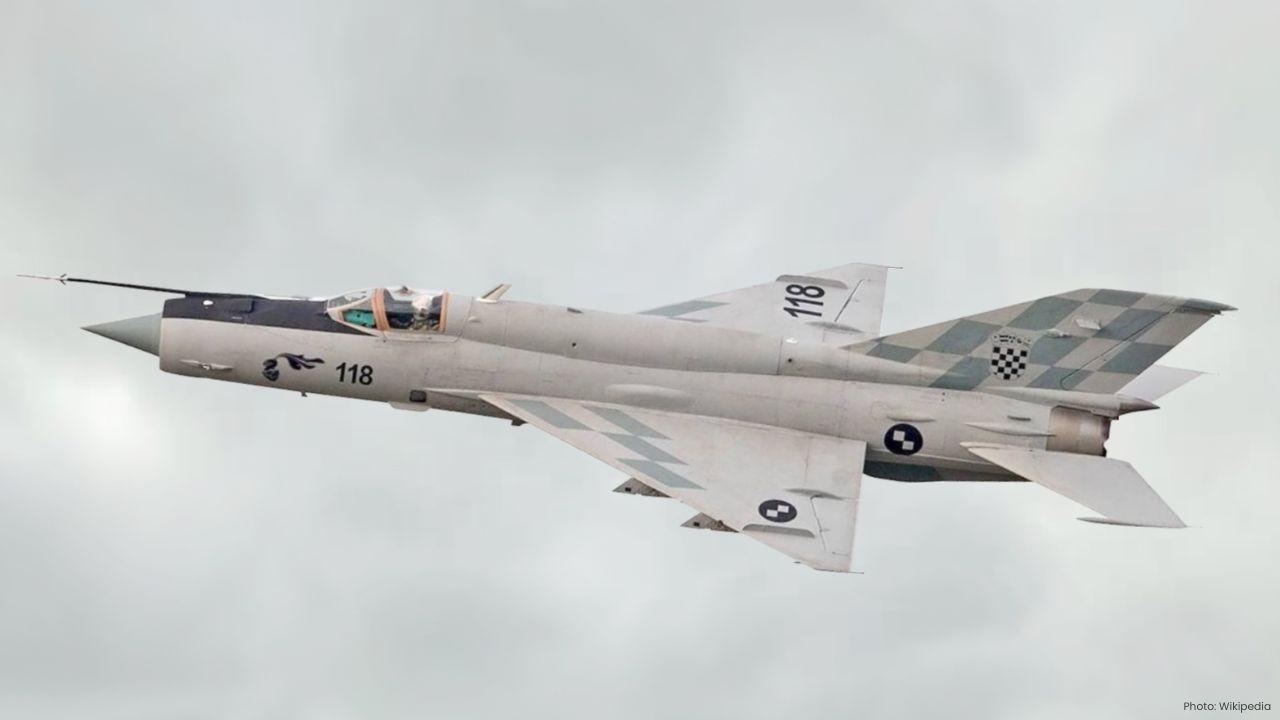
India’s Iconic MiG‑21 Takes Final Flight After Six Decades of Service
After 60 years India retires its MiG‑21 fighter jet, a legendary yet controversial warplane marking
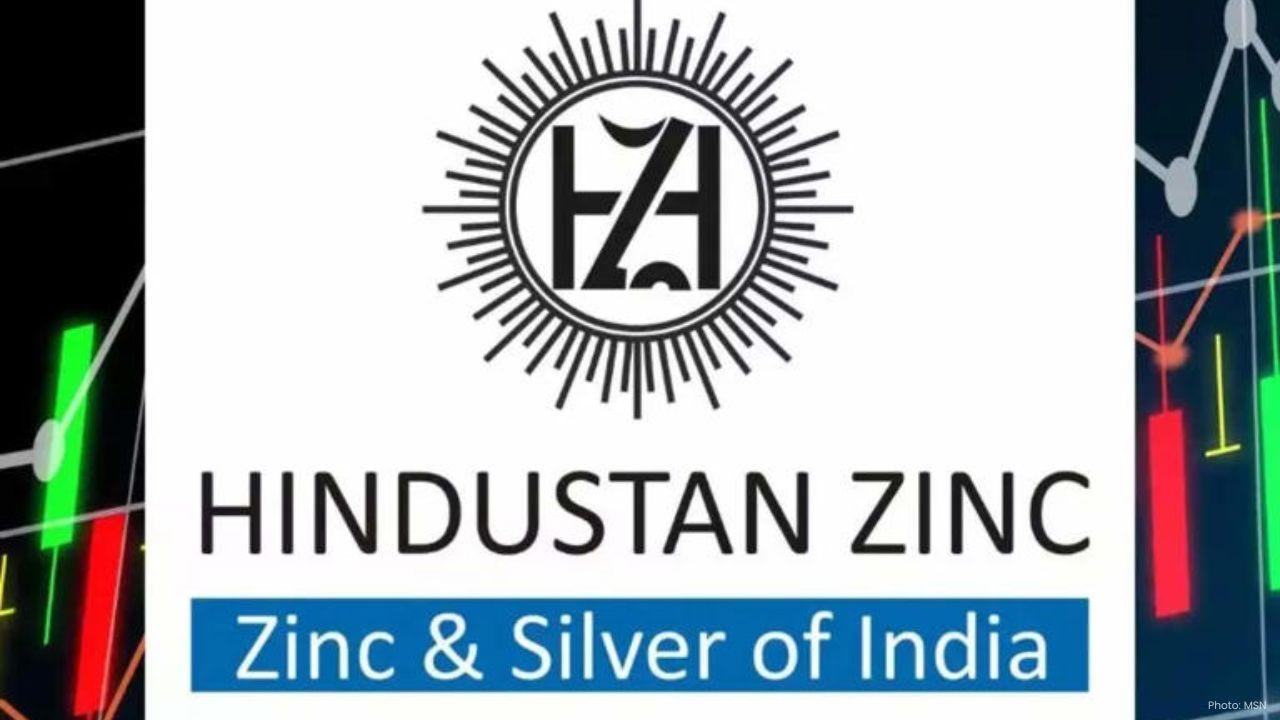
Hindustan Zinc unveils AI hotspot monitoring at Debari smelter
Hindustan Zinc launches AI-powered Switchyard Hotspot Monitoring at Debari smelter to cut outages bo
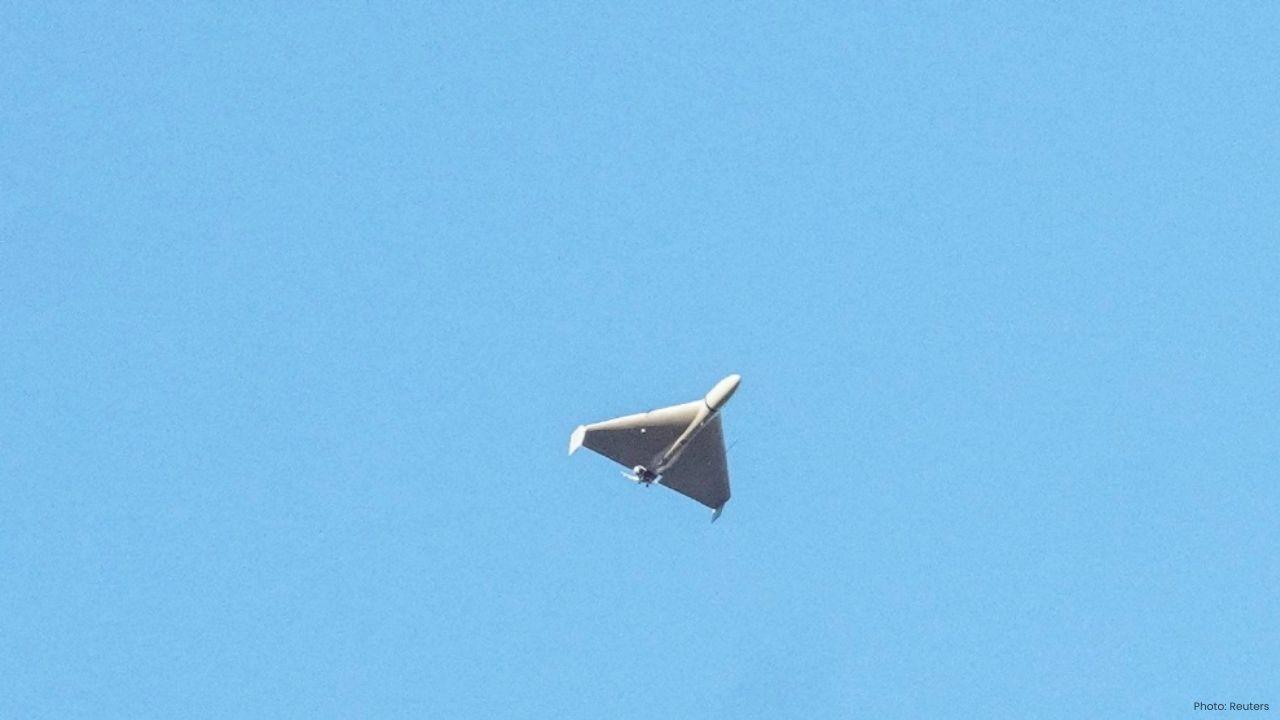
Chinese experts worked inside sanctioned Russian drone plant
Chinese drone specialists visited IEMZ Kupol supplying parts and drones via intermediaries, deepenin